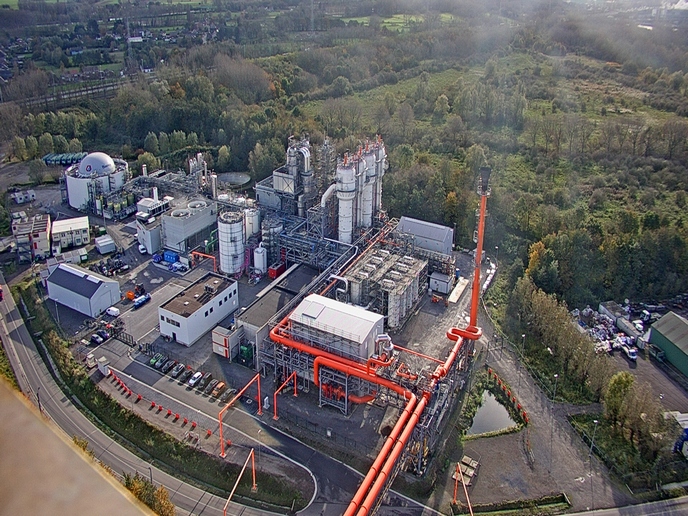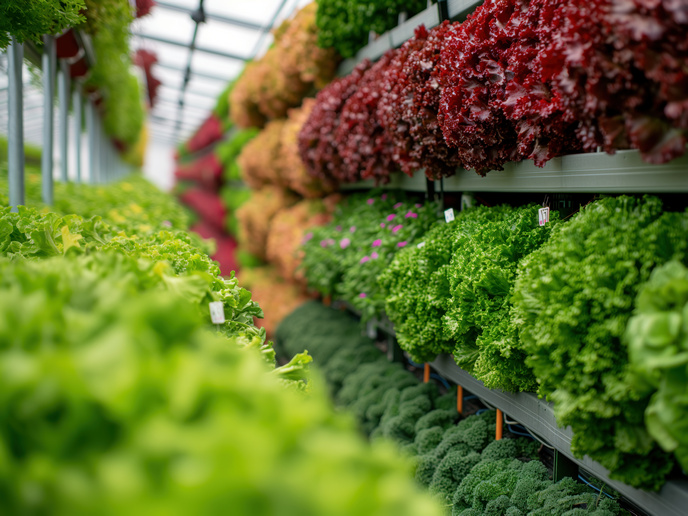Microorganisms transform waste gas into sustainable fuel
Greenhouse gas emissions from the industrial sector pose a significant burden on the atmosphere, contributing to the global carbon footprint. Efforts towards a circular use of carbon that doesn’t produce any net addition of CO2 to the atmosphere are urgently needed for climate change mitigation.
Fermentation of steelmaking waste gases
Steelmaking produces gas emissions rich in carbon monoxide (CO), carbon dioxide (CO2) and hydrogen (H2). The EU-funded STEELANOL project uses this gas mix as raw material for generating sustainable ethanol. Ethanol serves as an eco-friendly vehicle fuel and is also used in the chemical industry for the production of plastics. The STEELANOL innovative technology uses gas fermentation, whereby the generated industrial waste gas is sent to a bioreactor. The technology, developed by LanzaTech, uses a biocatalyst (microbes) to ferment the gases emitted from the steel plant and convert CO and CO2 into ethanol with high productivity. “The process is similar to making wine, where microbes convert sugar into ethanol, but in this case, the sugar is replaced by CO/CO2 gas and the process is continuous, not batch-based,” explains Wim Van der Stricht, project coordinator and ArcelorMittal CTO, lead on Carbon Capture and Utilisation technology.
Demonstration plant
The STEELANOL project has constructed Europe’s first-ever commercial-scale production facility of sustainable ethanol from waste gases produced during steelmaking process. In collaboration with the Torero project, waste wood can serve as a feedstock for ethanol production by being first converted to biocoal. The demonstration plant has been commissioned and ethanol was first produced in June 2023. An industrial run for ethanol production was successfully performed at the end 2023. The ramp-up to full capacity is ongoing, where the plant is expected to produce around 80 million litres of ethanol per year by 2025.
Reducing waste streams from the steelmaking industry
According to Van der Stricht: “The most significant achievement of the project was the establishment of a creative pathway to produce renewable fuels by introducing innovative technology and connecting several industries towards climate mitigation.” It must be noted that while other renewable sources, such as water and wind, can be used to create electricity, fuels require carbon and thus cannot be created without a carbon-rich source. The consortium envisages further implementation of this technology in other steel plants and expansion of the output product ethanol to other chemicals and sectors. Life cycle assessment studies indicate that the STEELANOL technology has the potential to cut greenhouse gas emissions by over 80 %. STEELANOL will produce 64 000 tonnes of ethanol per year which can be valourised as an alternative to gasoline, saving 135 000 tonnes per year of CO2 emissions in the transport sector.
Keywords
STEELANOL, ethanol, fuel, greenhouse gas emissions, microbes, steelmaking industry, waste gases, gas fermentation, bioreactor, climate change mitigation







